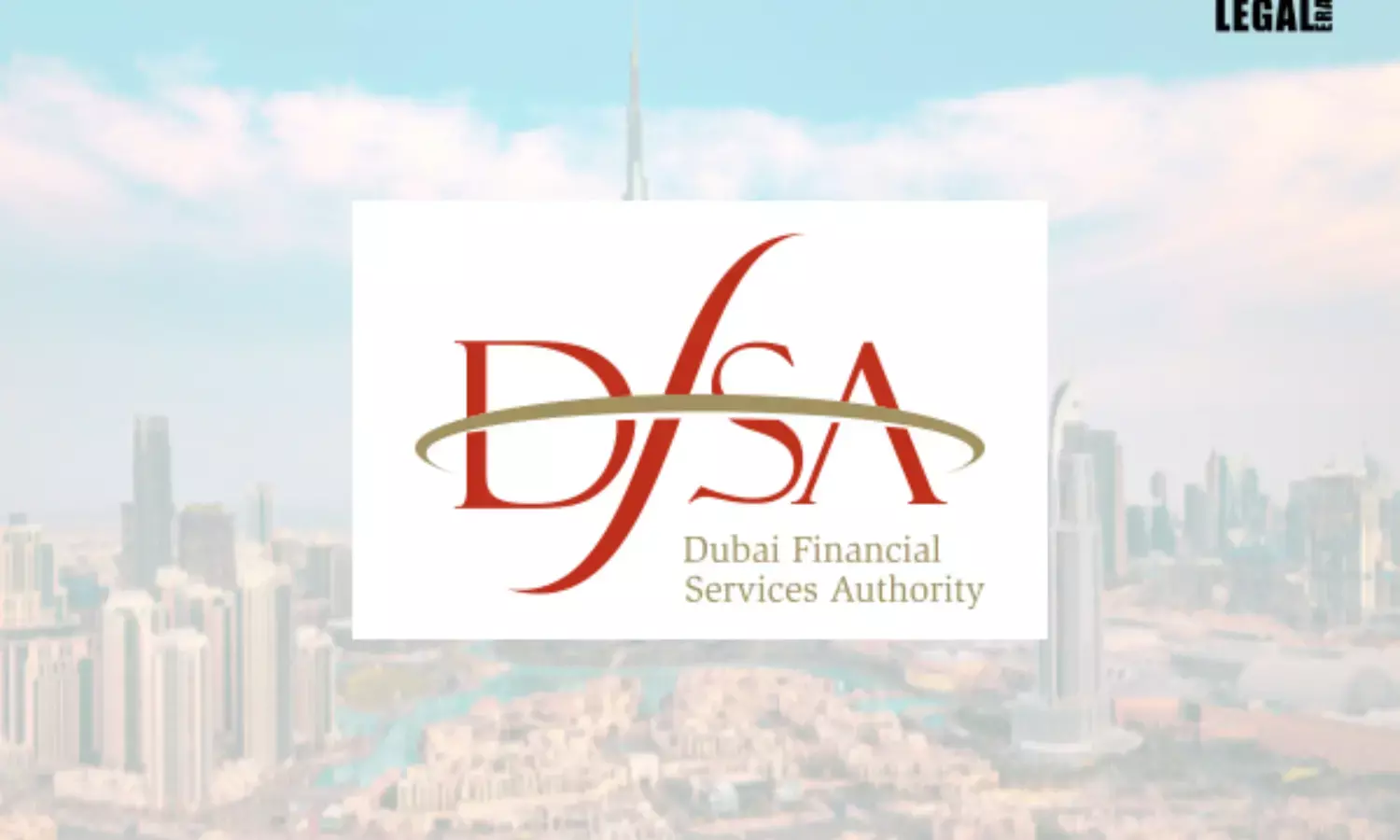Dubai Financial Services Authority introduces new whistleblowing rules
The regulatory agency of the special economic zone has issued advisories in the United Arab Emirates;

Dubai Financial Services Authority introduces new whistleblowing rules
The regulatory agency of the special economic zone has issued advisories in the United Arab Emirates
The Dubai Financial Services Authority (DFSA) has recently introduced a new whistleblowing regime. In mid-2023, it will conduct a review, which may result in introducing further measures.
Along with the recent establishment of a specialist court in Dubai to hear cases relating to money laundering and financial crime, the introduction of the Regime is a further example of the ongoing efforts to promote Dubai as a leading jurisdiction in which to do business. It is encouraging sophisticated governance and compliance processes amongst businesses, tackling financial crime and enhancing the integrity generally of the financial system of the United Arab Emirates.
In seeking to comply with the new rules, care would be taken to design a whistleblowing system that is both effective and proportionate. At the same time, it avoids the pitfalls often associated with 'off the shelf' solutions or those that are poorly implemented.
International law firm McDermott Will & Emery's London-based Partners Simon Airey and Hamid Yunis and associate Joshua Domb have provided the facts to be followed. It states:
• The Regime has significant parallels with those enforced in the United Kingdom by the Financial Conduct Authority (FCA), although some of the more advanced requirements are yet to be introduced by DFSA.
• The Regime aims to provide better legal protection for those who report concerns within the Dubai International Financial Centre (DIFC), improve whistleblowing culture in DFSA regulated entities, and encourage greater reporting (both internally and to the DFSA) and promote an ethical culture within the DIFC by deterring wrong-doings.
• DFSA regulated firms must immediately implement an appropriate whistleblowing program (no grace period for implementation is provided by the Regime).
• On 7 April 2022, changes to DIFC Regulatory Law 2004 and the DFSA Rulebook came into force to implement the proposals consulted by the DFSA in 2021. The Regime applies to all entities regulated by the DFSA (Regulated Entities), which must now introduce appropriate measures.
Who is a whistleblower?
The Regime defines a whistleblower as any person (who in good faith), discloses a reasonable suspicion that a Regulated Entity (including its officers or employees) is, has, or might have been – in contravention of a provision of the law, rules or other any other legislation administered by the DFSA; or engaged in money laundering, fraud, or any other financial crime.
A report is made in good faith if it is made 'honestly rather than for a dishonest or malicious purpose.' What constitutes a reasonable suspicion is dependent on the circumstances. For the protection of the Regime to apply, the report must be made within the Regulated Entity or externally to its auditor, the DFSA, or a law enforcement agency.
Protection for a whistleblower
When a whistleblower makes a qualifying disclosure, Article 68A(4) of the DFSA Rulebook provides that the individual (who, importantly, can remain anonymous), must not - be subject to any civil or contractual liability for having made that disclosure; have any contractual, civil or other remedy or right enforced against him by another person; or be dismissed from his employment or be subject to any other action reasonably likely to cause detriment to him.
What must Regulated Entities do?
The Regime requires that Regulated Entities must put in place 'effective policies and procedures':
• To establish effective internal arrangements to allow for the disclosure of regulatory concerns, along with associated procedures to receive, assess and possibly escalate whistleblower reports within the Regulated Entity, the DFSA or any other relevant authority.
• Include reasonable measures to protect the identity and confidentiality of the whistleblower; protect him from suffering 'detriment' because he raised a concern.
• Provide feedback to the whistleblower, wherever appropriate.
Comparison with the FCA
The Regime largely mirrors Rule 18 of the FCA's Senior Management Arrangements, Systems and Controls (SYSC), as set out in the FCA Handbook in respect of FCA's authorized firms.
There are two important aspects in which SYSC goes beyond the Regime. One, the firms must appoint a 'whistleblowers' champion.' This individual is responsible for overseeing and maintaining the integrity of a firm's internal arrangements concerning whistleblowing. He must be sufficiently independent and senior within the firm to carry out the role effectively. Two, the firms must include a term in any settlement agreements with the employees, which makes it clear that nothing in such an agreement prevents a worker from making a protected disclosure (as defined by the UK Employment Rights Act 1996).

